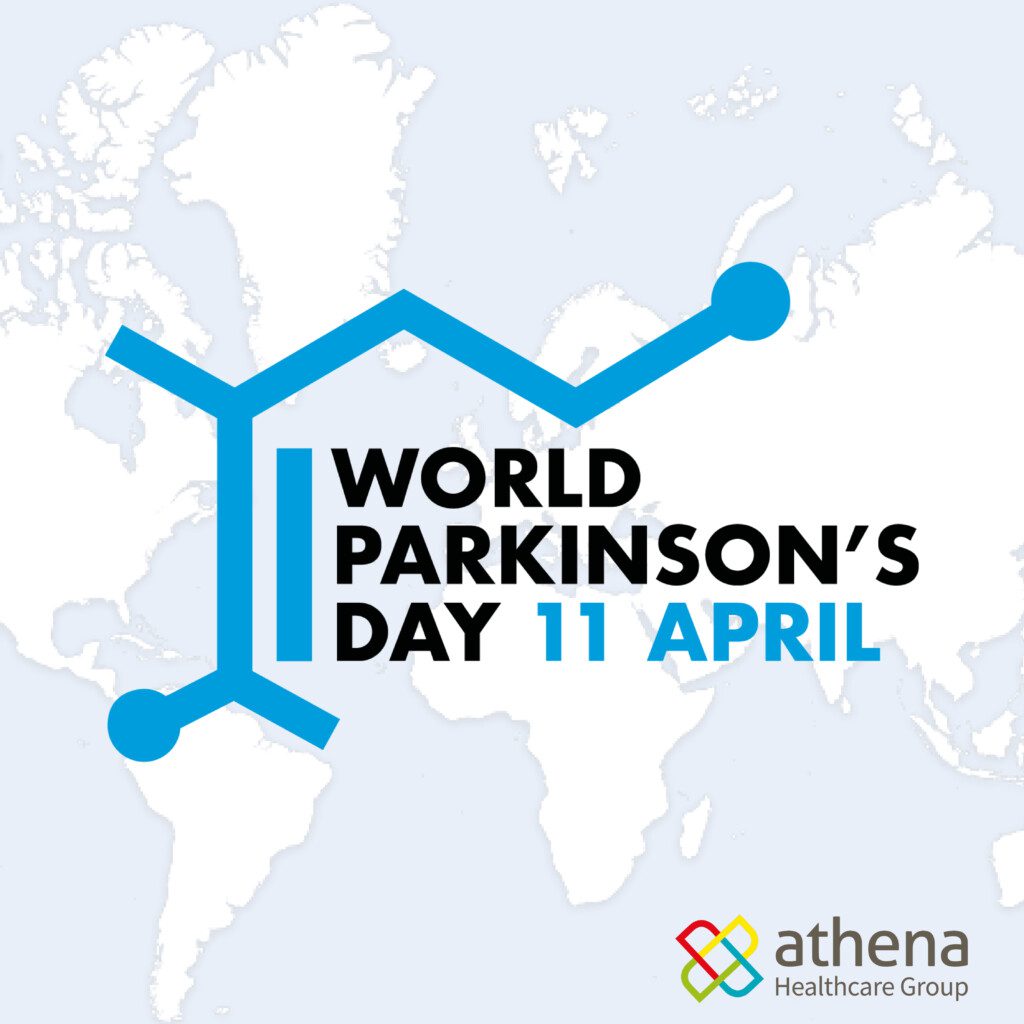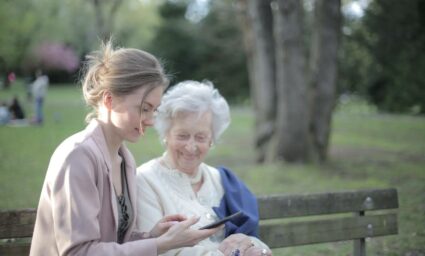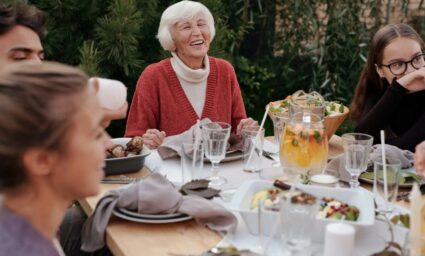A disease that affects over 6 million, Parkinson’s disease causes unintended or uncontrollable movements, including shaking, stiffness, and difficulty coordinating and balancing. Here at Athena Healthcare Group, we adjust to the challenges that people living with Parkinson’s often face on a daily basis. We understand just how important it is to receive regular therapy, support, and social stimulation in order to retain mental and physical health long term.
Raising awareness
World Parkinsons Day isn’t just about raising awareness it’s about understanding that Parkinson’s is different for everyone, and everyone will have different symptoms and different experiences. Parkinson’s is the fastest-growing neurological condition. Living with Parkinson’s can be challenging, and diagnosis is scary. However, the Parkinson’s community is bright, brilliant and caring. Let’s celebrate the laughter, the people there for you and being strong.
How you can get involved
- Volunteering at an event
Volunteering can give you a sense of achievement and purpose, it can also make you feel part of a community.
- Sharing on social media
It’s as easy as clicking a button on your phone. This then allows more and more people to communicate, interact and share information, opinions, and experiences with a wider audience.
- Taking on your own fundraising challenge
This may seem daunting at first, but it’s for an amazing cause and you will have so much support from people. First, set a goal for how much money you want to raise and come up with a plan for how you will reach that goal. You can consider options like creating a crowdfunding campaign, organising an event, or partnering with local businesses.
Offer them support
There are several ways to offer support to people with Parkinson’s disease, including:
1. Listen actively and show empathy
2. Provide practical assistance with day-to-day activities
3. Encourage them to join a support group or attend a Parkinson’s disease event
4. Educate yourself about Parkinson’s disease to better understand their condition
5. Help them stay active and engaged in activities they enjoy
6. Offer emotional support and positivity
If we’ve intrigued you and you’re still reading, get in touch via email hello@ahcg.co.uk or give us a call on 01704 53 53 53.




